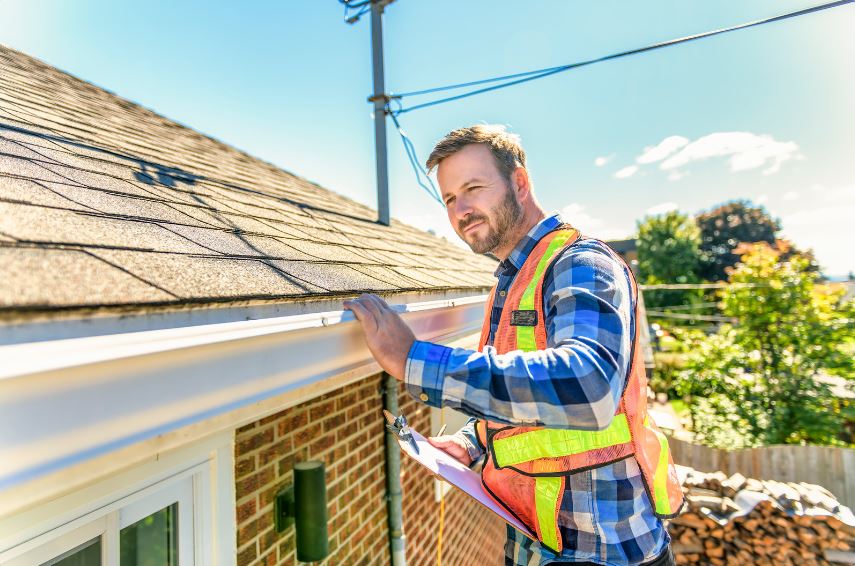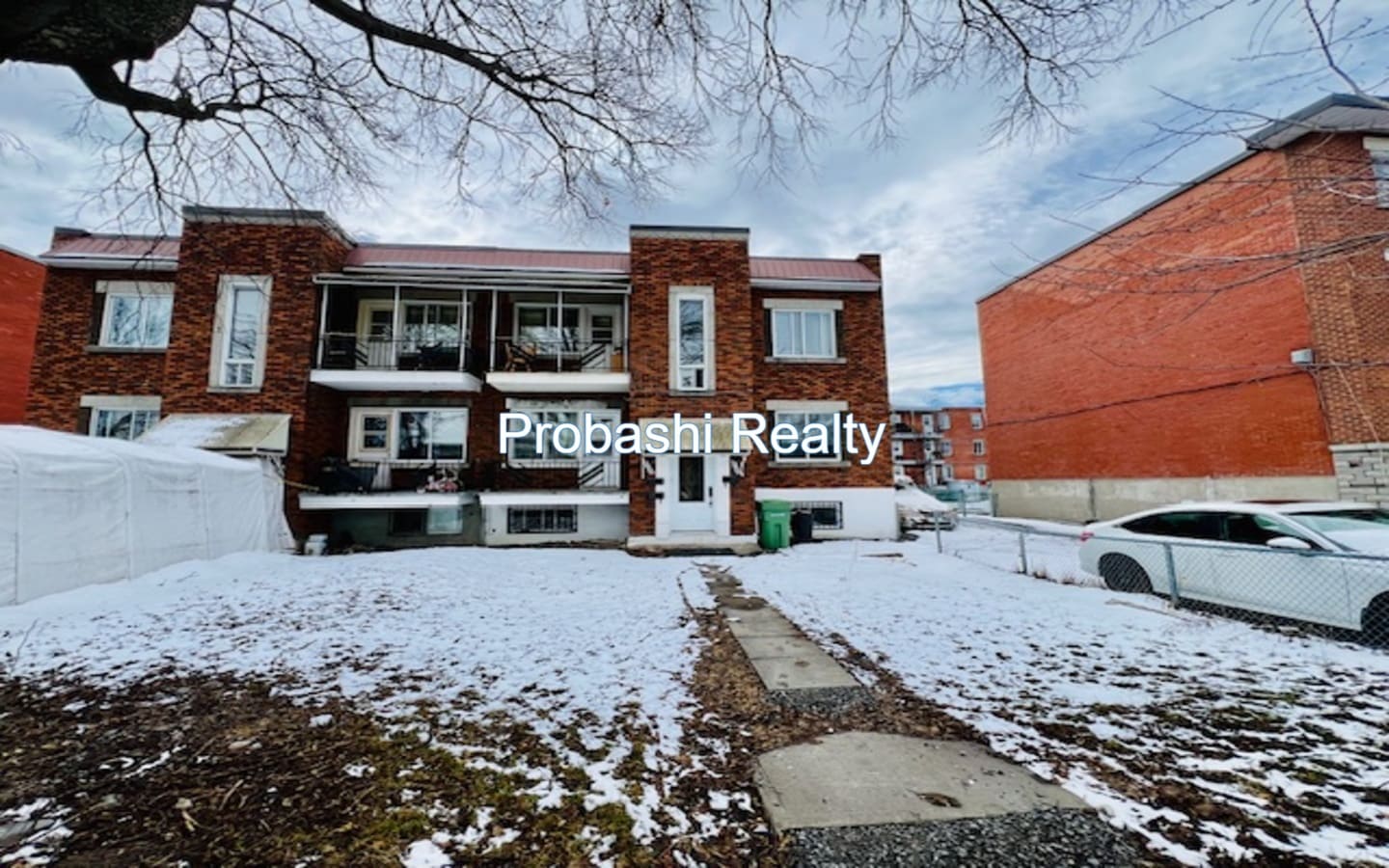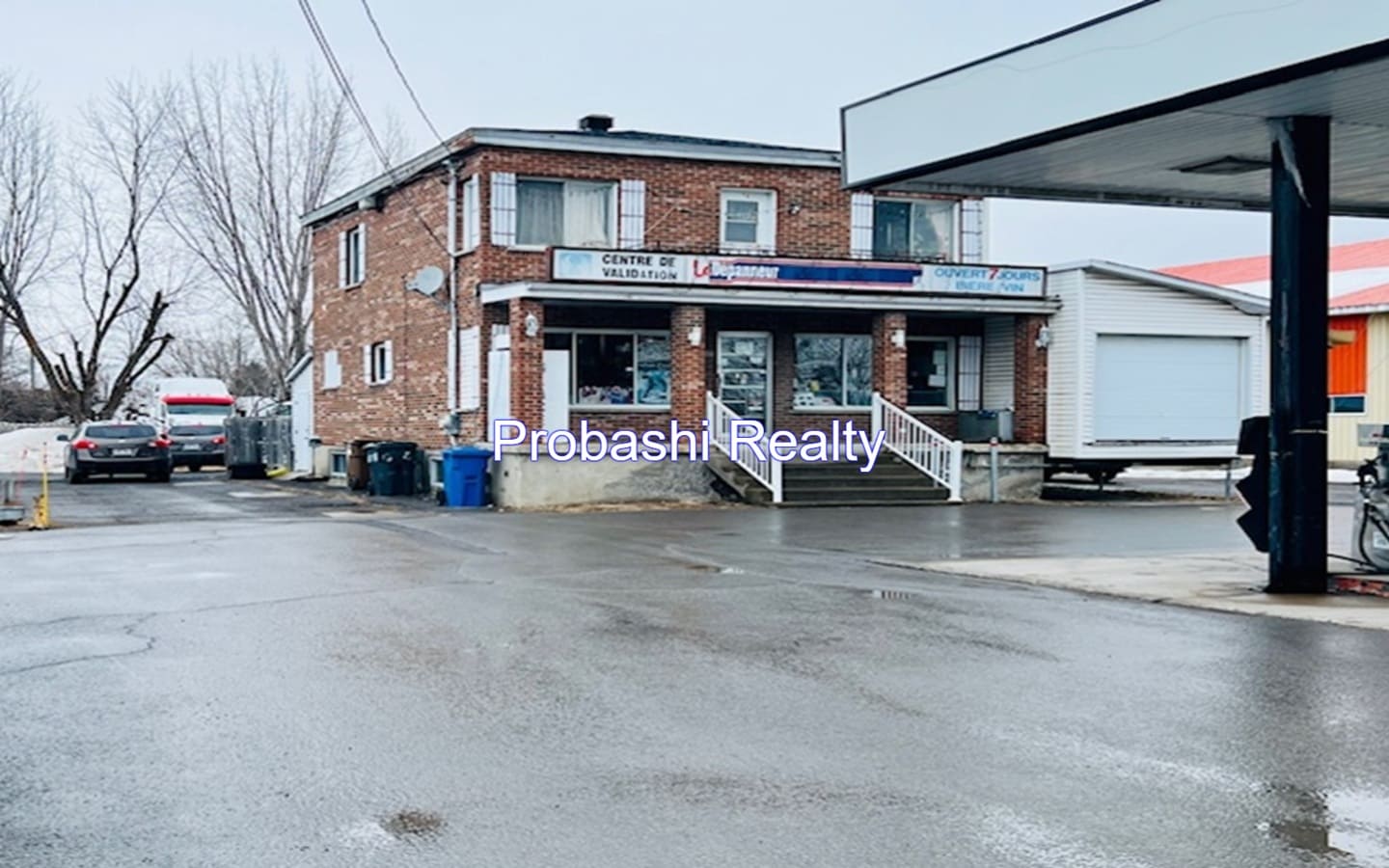What Is A Home Inspection?
A home inspection is like a thorough check-up for a house before it gets sold. The inspector looks at everything from the walls and roof to the plumbing and electricity to make sure everything works well and is safe. They also look for any problems that could lower the house’s value or cause safety concerns, like fire hazards or damage. It’s basically making sure the house is in good shape before someone buys it.

all about Home Inspection In Turkey
In Turkey, home inspections, known as “ev incelemesi” or “konut incelemesi,” are becoming increasingly common, especially in urban areas where real estate transactions are prevalent. Here’s an overview of how home inspections work in Turkey:
-
Purpose: The primary purpose of a home inspection in Turkey is to assess the condition of a property thoroughly. These inspections help buyers make informed decisions about purchasing a property and assist sellers in understanding any necessary repairs or maintenance tasks.
-
Types of Inspections: There are several types of inspections commonly conducted in Turkey:
- Structural Inspection (Yapısal İnceleme): This involves assessing the property’s structural integrity, including the foundation, walls, roof, and other structural components.
- Electrical and Plumbing Inspection (Elektrik ve Tesisat İncelemesi): Evaluating the property’s electrical and plumbing systems to ensure they are in good working condition.
- Termite Inspection (Haşere İncelemesi): Checking for the presence of termites or other pests that could damage the property.
- Energy Performance Certificate (Enerji Kimlik Belgesi): Providing information about the property’s energy efficiency and compliance with energy regulations.
-
Process: Home inspections in Turkey are typically conducted by qualified professionals such as building inspectors, engineers, or architects. The inspector thoroughly examines the property, looking for any signs of damage, deterioration, or safety hazards. They may use specialized equipment such as thermal imaging cameras or moisture meters to detect hidden problems.
-
Legal Requirements: While home inspections are not legally required for all property transactions in Turkey, they are often recommended, especially for buyers. Sellers are generally expected to disclose any known defects or issues with the property, but a comprehensive inspection can uncover hidden problems and protect both parties involved in the transaction.
-
Choosing an Inspector: It’s essential to hire a reputable and experienced inspector for the job. Look for professionals who have relevant qualifications and experience in conducting property inspections in Turkey. You can ask for recommendations from real estate agents or other homeowners who have undergone inspections.
-
Report: After completing the inspection, the inspector provides a detailed report outlining their findings. This report typically includes descriptions of any issues discovered, photographs or videos as evidence, and recommendations for repairs or further evaluation. Buyers can use this information to negotiate with sellers or budget for necessary repairs after purchasing the property.
-
Cost: The cost of a home inspection in Turkey can vary depending on factors such as the size and complexity of the property, as well as the type of inspection required. On average, you can expect to pay several hundred to over a thousand Turkish lira for a comprehensive inspection.
Overall, home inspections in Turkey serve to provide transparency, ensure the safety and quality of properties, and facilitate smooth transactions between buyers and sellers in the real estate market.













